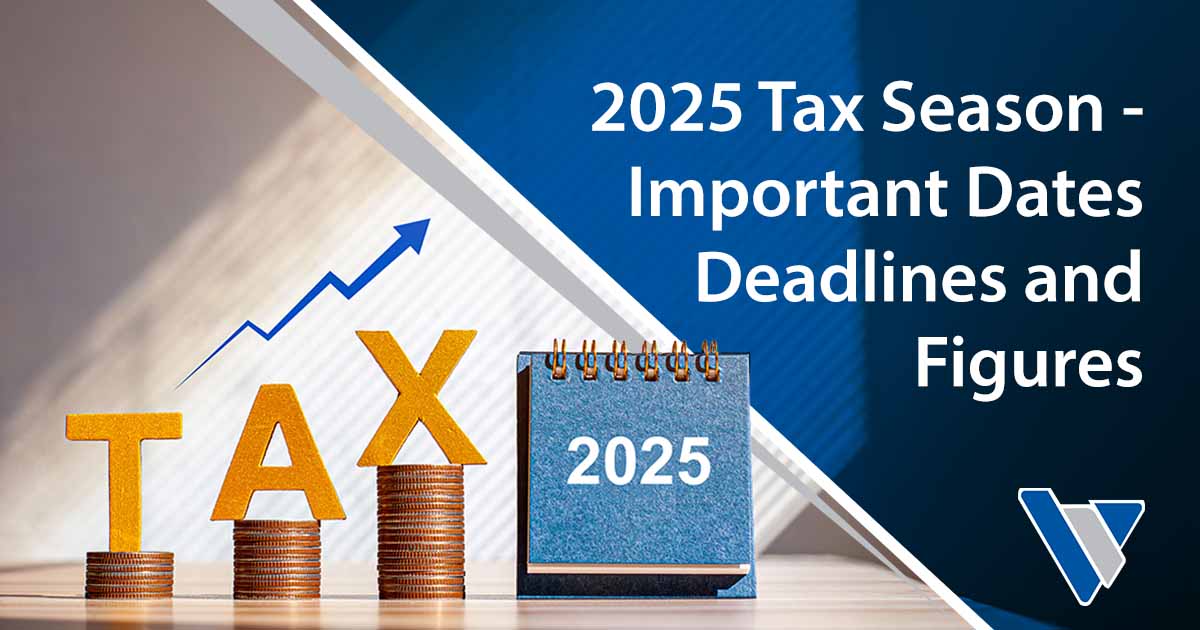It’s hard to believe that tax season is here already. In an effort to help our clients be...

When a retiree reaches age 70 ½ the IRS requires them to withdraw a percentage of their qualified (401K/IRA) retirement savings to pay taxes every year for the rest of their life, and also for the life of whoever inherits a leftover balance. For some, this Required Minimum Distribution (RMD) is needed for living expenses, for others, it is a nuisance that causes an unnecessary, and often large, tax liability.
RMD’s are a common conversation among our clients and apparently it is no different in Washington:
There is currently The Family Savings Act, a bill that is part of the Tax Reform 2.0 package which is anticipated a full vote in House by early October. That would exempt retirees from taking RMD’s if they have less than $50K in retirement accounts.
More importantly, the Retirement Enhancement and Savings Act, which has been introduced in the House and Senate would do away with the “stretch IRA.” Non-spouse beneficiaries who inherit retirement accounts of more than 450,000 would need to withdraw the entire amount within 5 years after the original owner’s death, all of which would be taxed as earned income. Currently, a non-spouse beneficiary has an option to “stretch out” that IRA over the original owners, or possibly their own, life expectancy which greatly diminishes the inherent tax burden.
Under the Obama administration we even saw a budget that proposed requiring RMD’s from Roth IRAs which are currently excluded from RMD rules.
President Trump issued an executive order in August partly devoted to RMD’s and called for the Treasury to review current rules to possibly update RMD calculations to account for longer lifespans, thus allowing retirees to take out less.
There are many people that load up their 401K with all of their retirement savings without totally realizing that every distribution from those accounts is taxed as earned income and that the IRS requires you to withdraw those funds to pay taxes when you reach age 70 ½.
All of this is to say that changes to tax laws and retirement accounts are always possible. We want to plan for this future uncertainty by diversifying our sources of income in retirement. Rather than putting all savings in a 401K, consider other accounts that may allow for distributions that are taxed at lower capital gains rates or even tax free. If you have a 401K company match, then by all means, get that free money. But beyond maximizing the match it is worth considering other investment vehicles to diversify the taxability of your accounts. In doing so you allow yourself to better control your tax brackets and to stay flexible in an always changing economic environment.
If you would like to talk more about diversifying your retirement income and planning for future uncertainty please feel free to call (817) 717-3812 or email me jhubman@virtuswealth.com.
Information in this material is for general information only and not intended as investment, tax or legal advice. Please consult the appropriate professionals for specific information regarding your individual situation prior to making any financial decision.
Based on information from an Investment News article titled “Lawmakers want RMD rule reforms.”